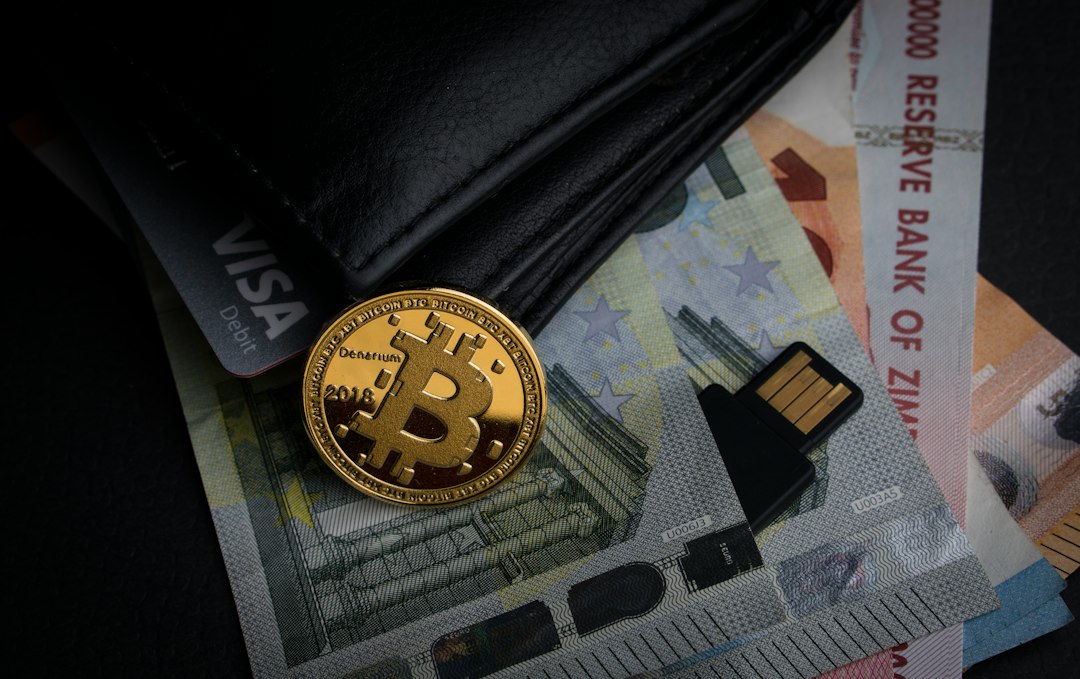Hong Kong Exchange Implements Travel Rule Compliance
Hong Kong’s HashKey exchange has recently adopted new rules in order to align with the Travel Rule, a set of regulatory requirements for virtual asset service providers (VASPs) including crypto exchanges. This rule is in accordance with international standards set by the Financial Action Task Force (FATF). The implementation of these rules comes as domestic exchanges in Hong Kong face increasing pressure to comply with legislative proposals.
Changes Made by HashKey for Compliance
As part of its compliance efforts, HashKey has made significant adjustments to its deposit and withdrawal processes, particularly when interacting with third-party exchanges. Initially, HashKey planned to integrate with 24 exchanges, but it has decided to limit integration to Binance. Consequently, deposits from exchanges other than Binance will not be supported, although HashKey plans to gradually expand this list in the future. Withdrawal processes are also being modified, maintaining the current whitelisting process but invalidating previously approved withdrawals to exchanges other than Binance.
Hong Kong Introduces New Regulations
In addition to HashKey’s compliance measures, Hong Kong is proposing new regulations for stablecoins, including the implementation of a mandatory licensing system. The Hong Kong Monetary Authority and the Financial Services and Treasury Bureau have jointly introduced this legislation to regulate the growing stablecoin market in the region. Furthermore, Hong Kong is making it easier for retail investors to engage in crypto ETFs while maintaining strict regulatory and compliance standards.
Hot Take: Embracing Compliance for Crypto Regulation
Hong Kong’s HashKey exchange taking steps towards compliance with the Travel Rule reflects the increasing importance of regulatory adherence within the cryptocurrency industry. By aligning with international standards and implementing new rules, exchanges like HashKey can ensure transparency and security in their operations. This move also highlights the broader trend of governments and regulatory bodies worldwide introducing regulations to govern the crypto space, fostering a safer environment for investors and promoting the long-term growth and acceptance of cryptocurrencies.





 By
By
 By
By
 By
By
 By
By
 By
By
 By
By